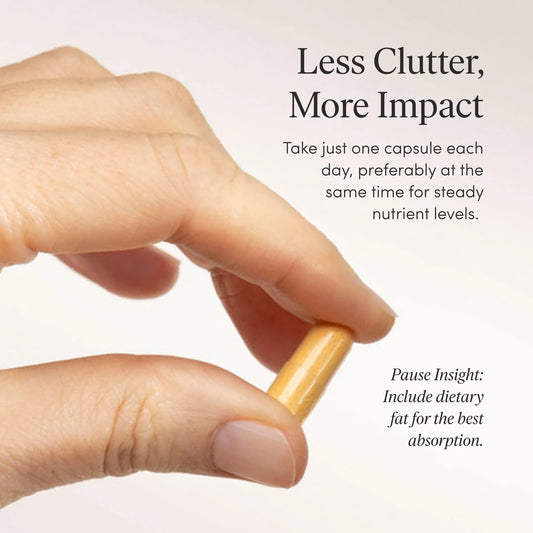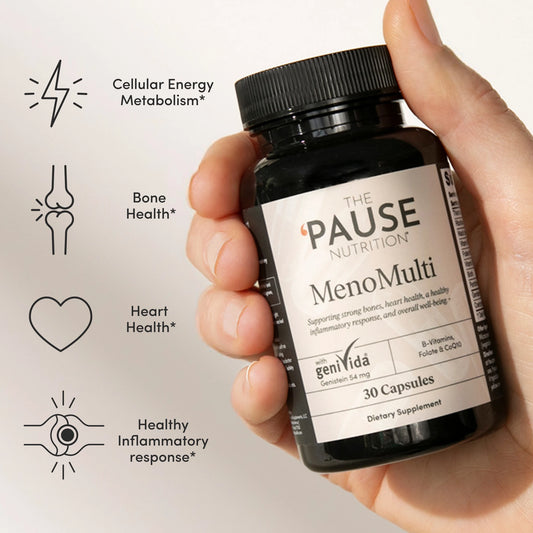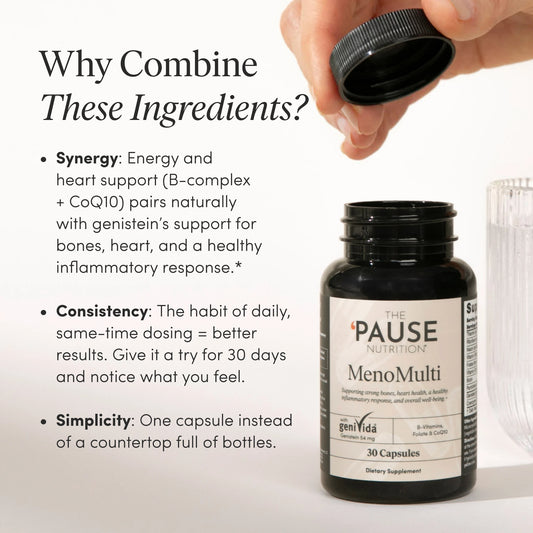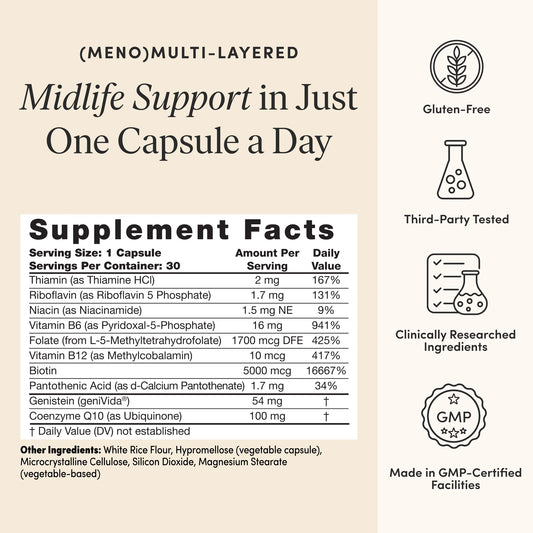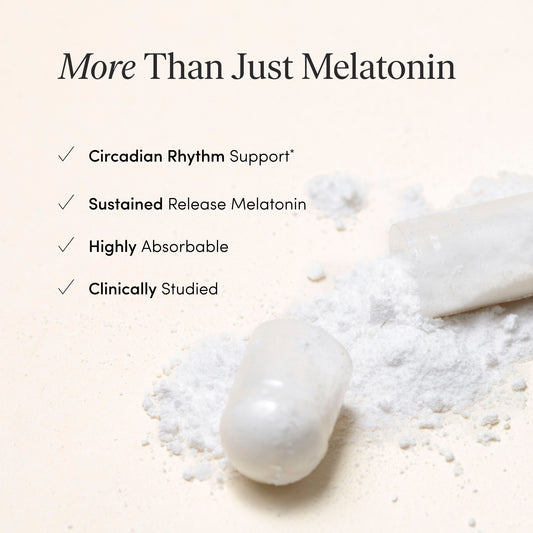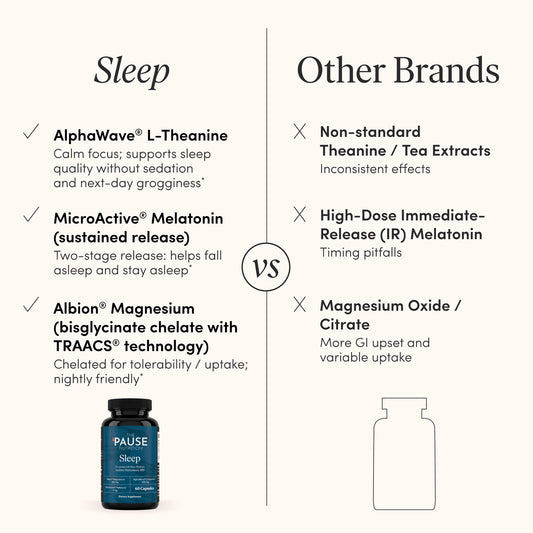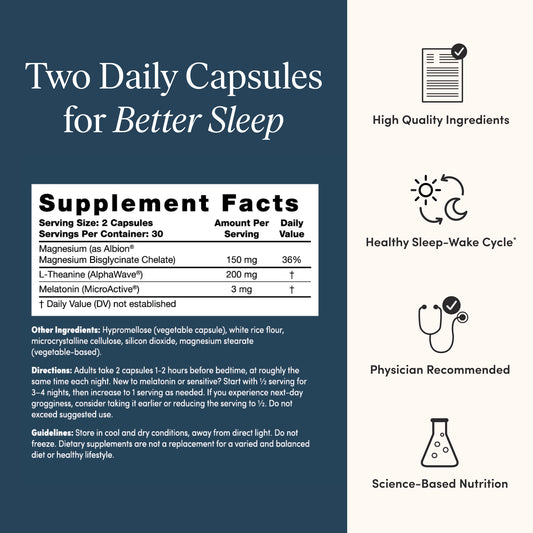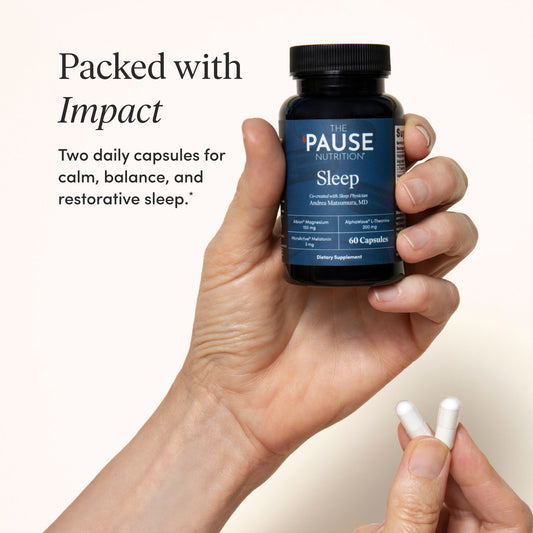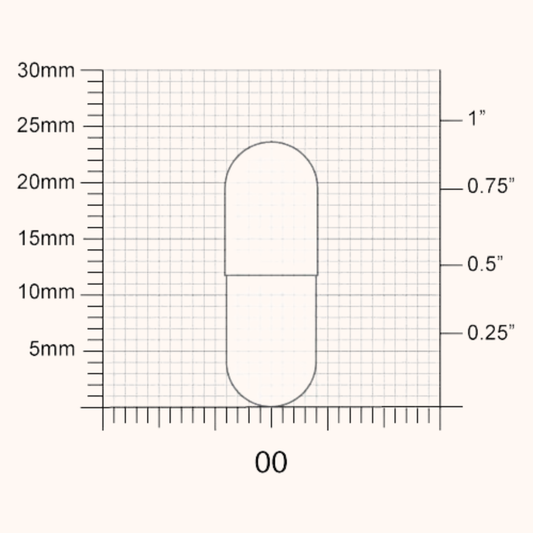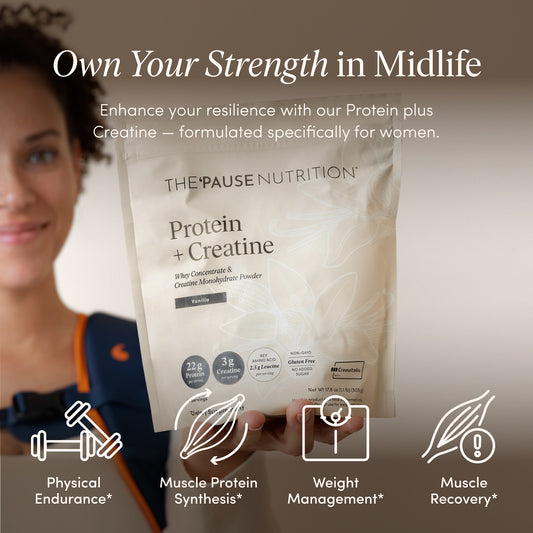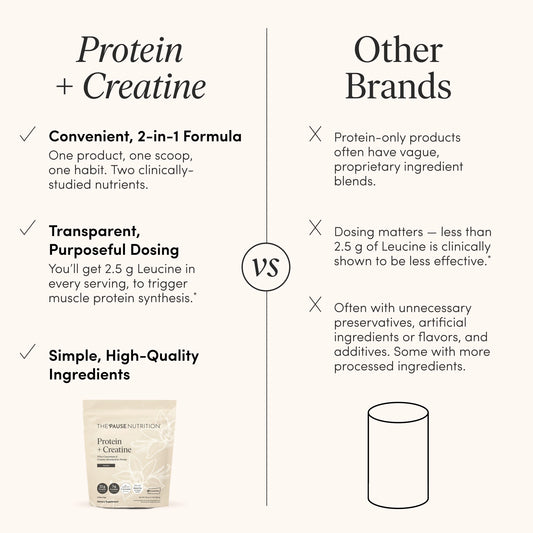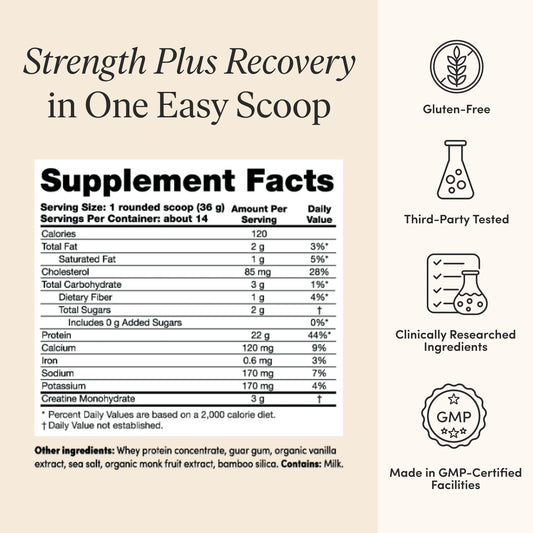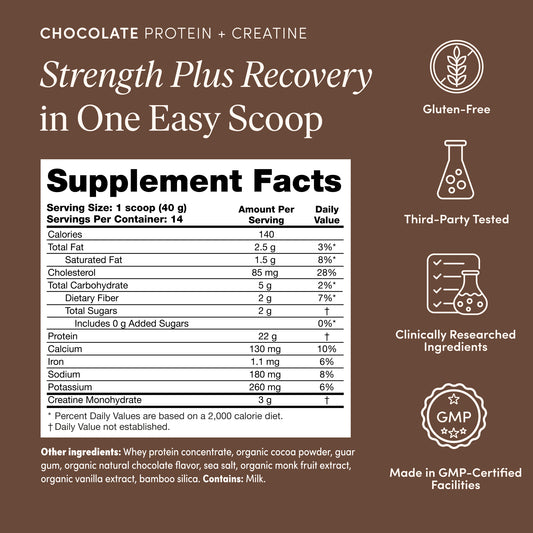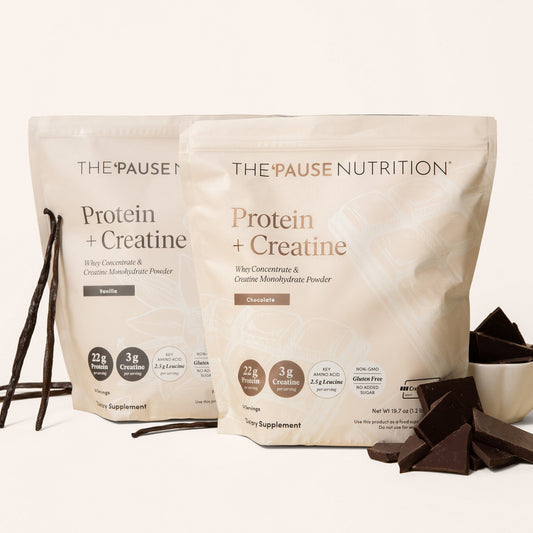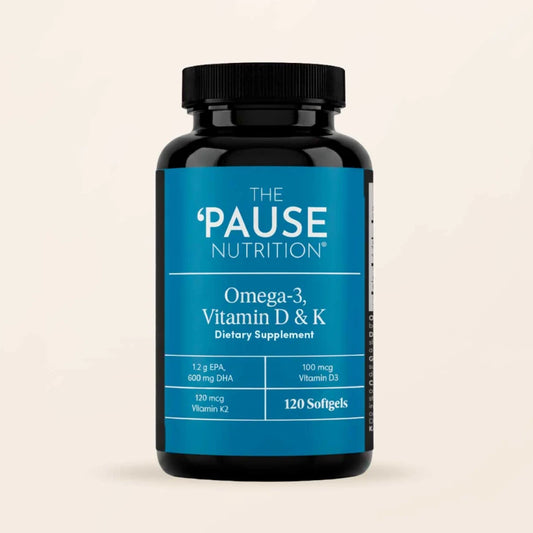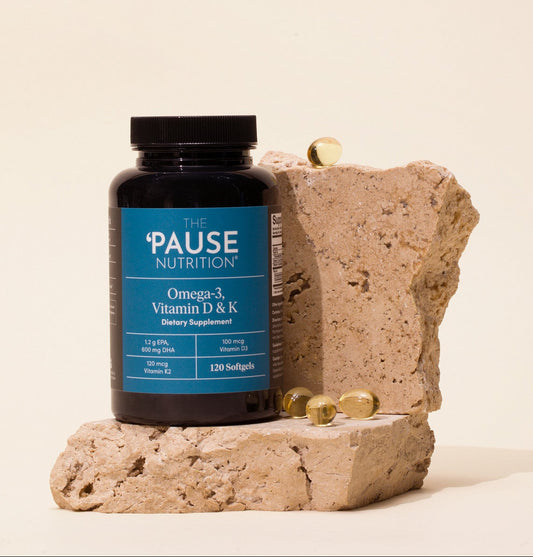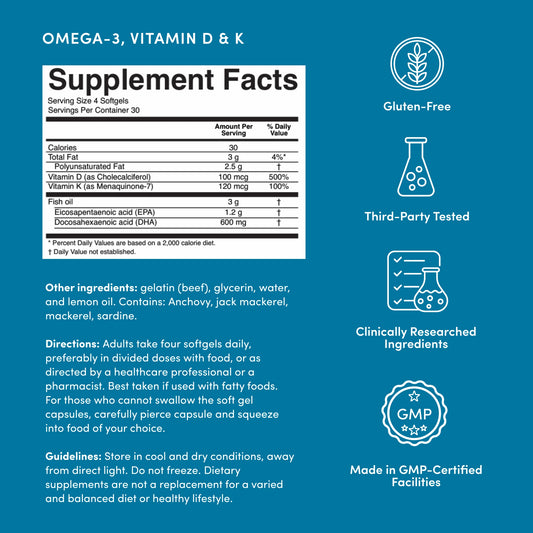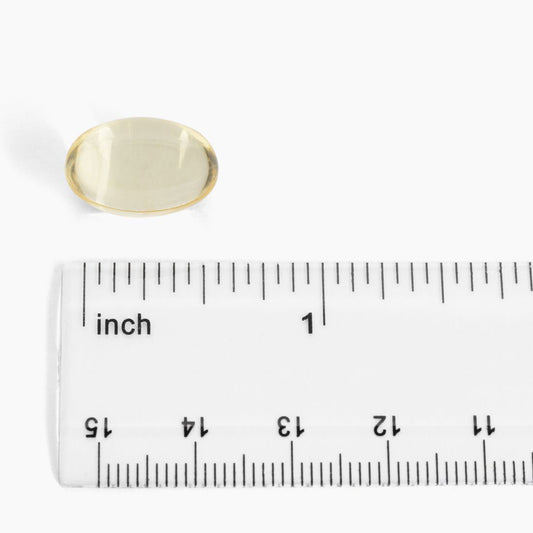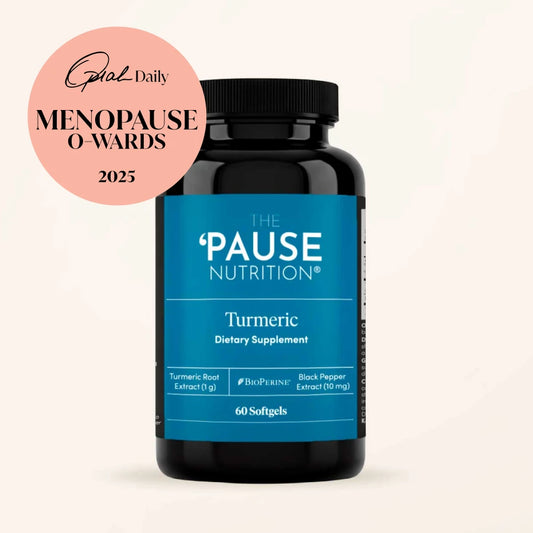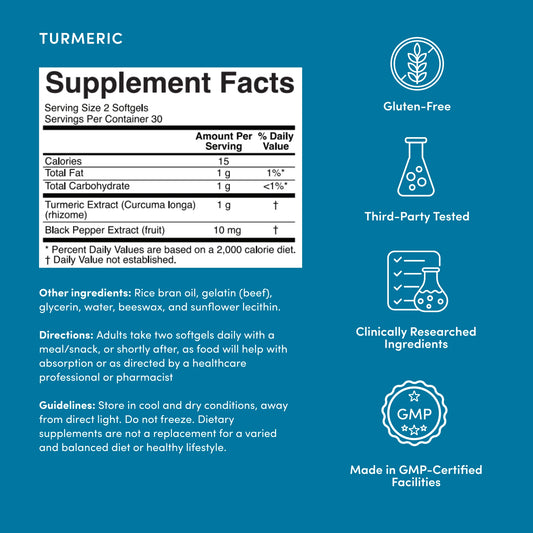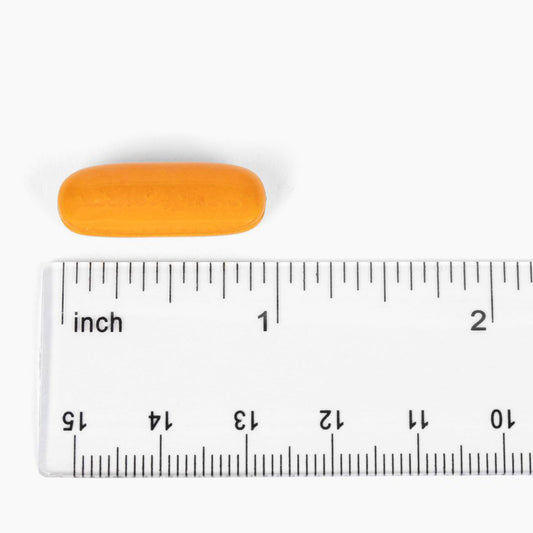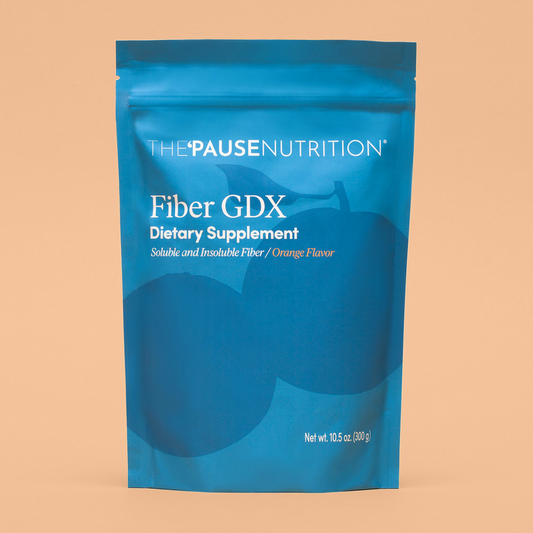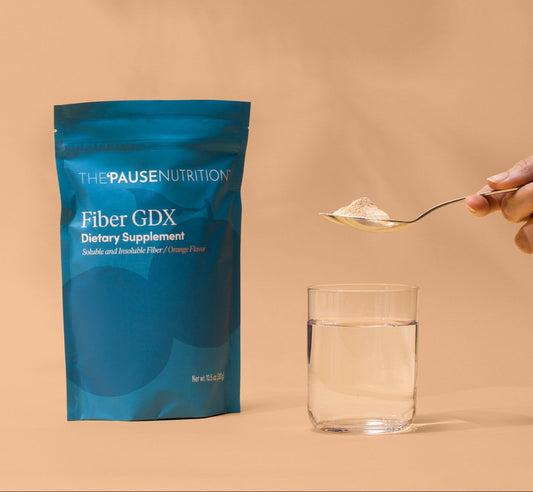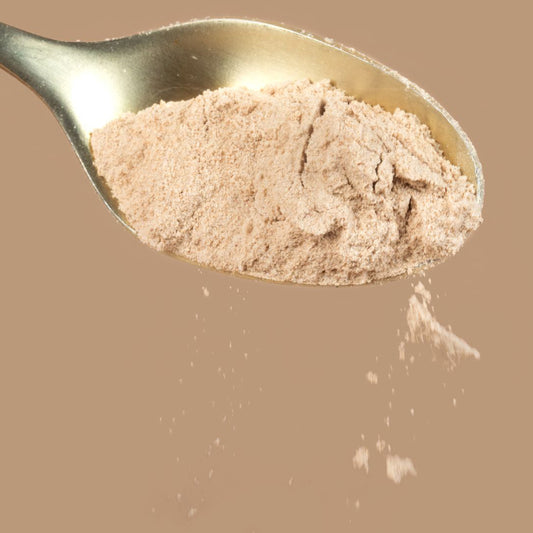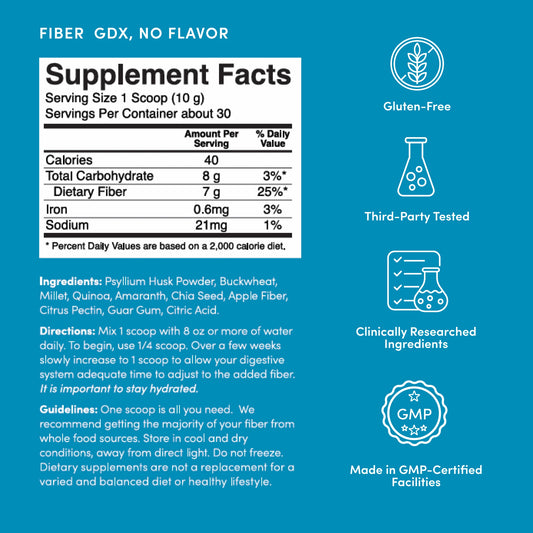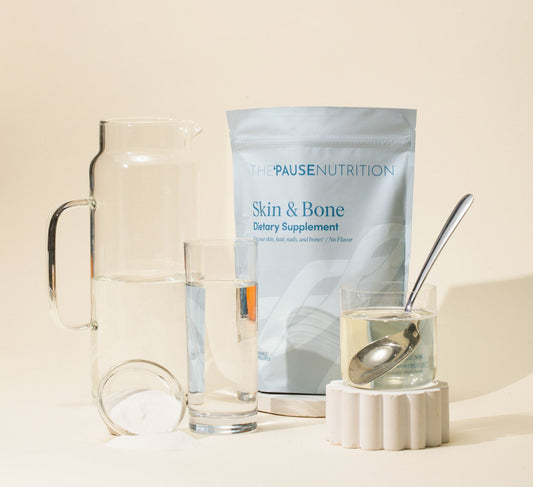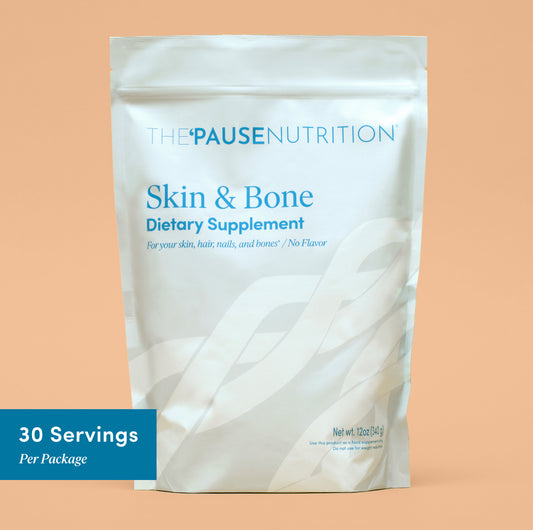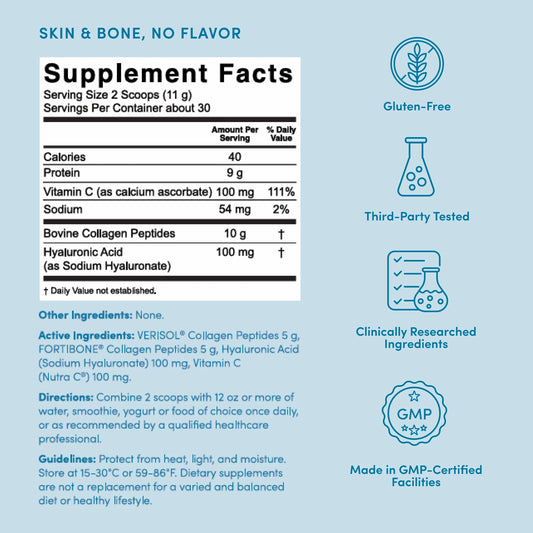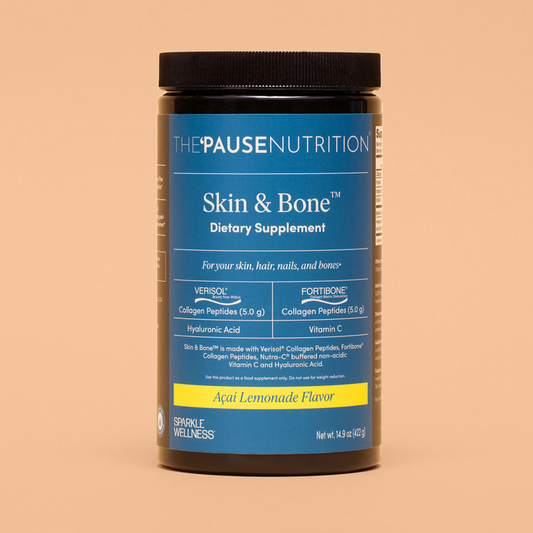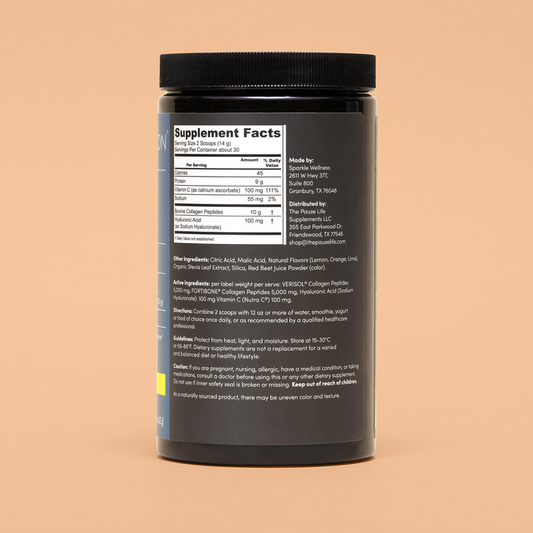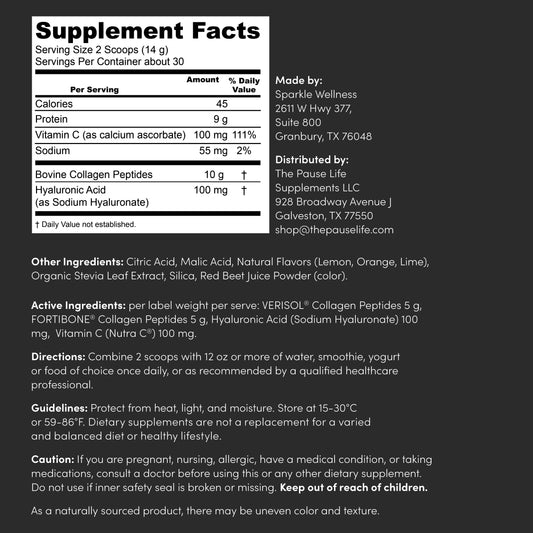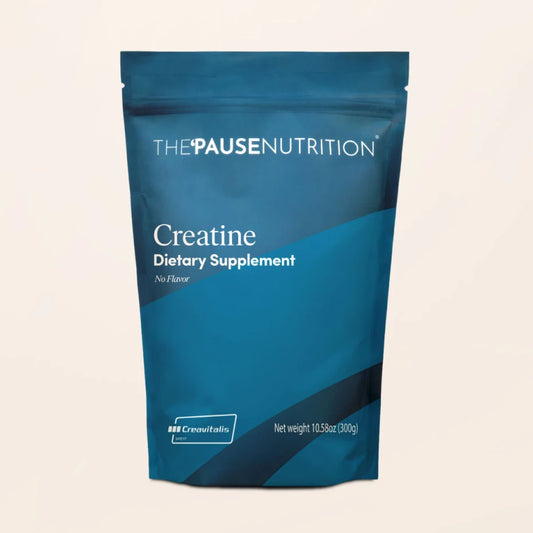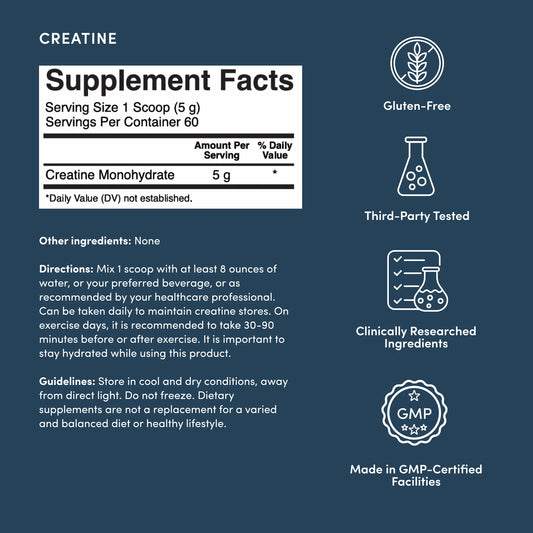Benefits Of Physical Activity In Menopause

Share
Sure, We Have All Heard “Exercise Is Good For You” – Probably Thousands Of Times…
When you review the medical studies and get down to the nitty-gritty SCIENCE to understand WHY this saying is so true – you may be a bit surprised. After some digging, I have gathered up the top 9 medically proven benefits of regular physical activity and exercise during midlife and menopause:
Change in body composition
Among the many symptoms women experience as they move into perimenopause and through menopause is fat gain and muscle loss that results in a change in body composition. The amount of muscle mass we have defines our basal metabolic rate – or the rate at which we burn calories at rest. So it makes sense, even with no changes in our diet, we tend to gain fat as we lose muscle because we are simply burning less calories every day.
Regular physical exercise that includes resistance training (weight lifting) and zone 2 training increases your skeletal muscle mass and decreases fat mass. One of my most common recommendations is to perform resistance training 3 to 4 days and participate in zone 2 training for at least 150 minutes each week.
Improve bone mineral density (BMD)
Osteoporosis, the loss of bone mass, is one of the biggest concerns as women enter menopause. The number one recommendation for preventing this is a regular exercise regimen!! Regular weight-bearing exercise, such as weight lifting, walking, jogging - even dancing - can help maintain bone density and strength.
Reduce feelings of bodily pain
Body aches or joint pain, which are most commonly associated with arthritis, hip pain, or lower back discomfort. Exercising regularly can help your joints stay lubricated, allowing you to move more comfortably, and with ease. If your joints are particularly painful, try low-impact exercises like yoga or swimming. As you begin to feel better, you can work up to higher-impact activities.
Taking some stretch breaks throughout the day can make a big difference in how you feel. Sitting at a desk all day can take its toll on our bodies, so move whenever possible. Simply standing up and marching in place can help stretch muscles that have tightened or gone unused for too long.
It may seem counterintuitive, but if you can work those “tough spots,” the less they hurt in the long run.
A shift in fat distribution
Belly fat, is the adipose tissue internal to and surrounding vital organs including the liver, stomach, and intestines. To some degree we need visceral fat to support those organs, however too much much can lead to insulin resistance, increases in inflammation and heightened risk of metabolic syndromes, diabetes, hypertension, and cardiovascular disease.
Regular exercise promotes the shifting of weight away from the abdomen and more evenly distributes it throughout the body. Less central adiposity is excellent news for the menopause “inner-tube” (AKA: belly fat).
Improve sleep quality and duration
There is an inverse relationship between the amount of physical activity and sleep issues – the more frequently one exercises, the less sleep disruptions, and problems result. Addressing sleep disturbances is crucial during menopause. Good sleep hygiene, relaxation techniques and, in some cases, consultation with a sleep specialist can be helpful.
Protection against obesity
Regular exercise along with other lifestyle changes protects against the development of obesity and related diseases/complications associated with obesity, including type II diabetes, high blood pressure, certain types of cancer, fatty liver, etc.
Elevate your mood
Those who have a history of depression or anxiety may have increased difficulty during the menopause transition. It is not uncommon to experience depression, anxiety, irritability, mood swings or panic attacks.
The increased levels of neurotransmitters, specifically dopamine and serotonin, enhance endorphin secretions, and distract individuals from stressful stimuli. I think we could all use some distractions these days!!
Decrease breast cancer risk
A study found that women who are regularly active have a 25-30% LOWER risk of developing postmenopausal breast cancer than inactive women. This is absolutely astounding, and one of my biggest pushes to maintain regular physical activity.
Increase your self-esteem and self-efficacy
Exercise increases your belief in your capacity to control your behavior, performance, and environment.
I hope you can now better understand why physical activity is absolutely imperative – this is true for all stages of life, but becomes increasingly important with age.


















